
Rush on disinfectant hand gels
A number of sectors have been forced to close down because of the coronavirus crisis. However, this has not been the case for most DETIC members, beginning with the disinfectant producers which have been among those most in demand. In addition, on 18 March, DETIC sectors were recognised as key sectors providing services that are essential to society and necessary for the socio-economic functioning of the country. This is why these companies have continued to work while restrictions have been imposed on others.
The government quickly took a number of robust decisions to help to defuse the coronavirus crisis. DETIC stepped forward to inform its members of these decisions and to explain the sector’s views to the authorities. As a consequence, for instance, the sale of hydroalcoholic gel to members of the public was temporarily banned to give priority to health professionals. At the same time, the need for good-quality disinfectants increased, particularly among companies.

As expected, as soon as more people were authorised to work, the demand for disinfectants increased in companies. DETIC took action as a whole and some of its members also responded individually as it was essential to ensure protection for all workers. In order to bring supply into line with demand, on 27 March 2020, DETIC launched a platform for disinfectants for hands (FR) or for surfaces (FR). Manufacturers could use this platform to offer their products to those in need of them. The platform was very busy from the outset and can be seen as a great success.
Quality is crucial
Given the strong demand, creative entrepreneurs began to produce disinfectants in large quantities, even though this was not part of their usual activities. To enable these products to be brought to market quickly, in line with DETIC, the Belgian authorities put in place an emergency procedure. Temporary permits were issued to enable companies to market biocide products by means of an abridged procedure.
DETIC ensured compliance with the legislation and quality of this type of product. Each and every one of the companies offering disinfectants on our platform have the relevant authorisation. This provides a real guarantee of effectiveness and quality whereas, unfortunately, the authorities have noted the appearance of a worrying number of illegal products since the start of the lockdown.
sail close to the wind
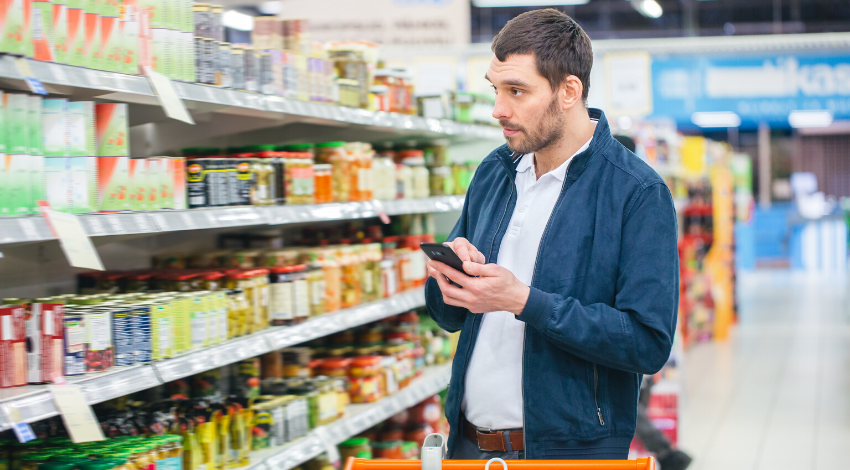
Apps that can be used to assess products in a flash when making purchases are becoming increasingly popular – and the cosmetics sector is no exception. However, the proliferation of such apps contrasts strongly with their reliability. Some developers simply seem to be ignoring the most basic rules of ethics.
Many apps have a database users can consult to check whether the product they are planning to buy is harmful. This assessment is usually made on the basis of the product’s ingredients. However, the criteria used to classify an ingredient as ‘risky’ are just not correct.
In fact, by definition, cosmetic products on sale in Belgian stores are safe. This is precisely the point of the procedures and in-depth examinations carried out before such products are authorised to be brought to market. Furthermore, in some cases ingredients are put on the blacklist even though they have been legally authorised and their safety has been duly checked. Sometimes, the apps label the ingredients as ‘risky’ despite the fact that they have recently been assessed and declared safe by the European authorities.
Misleading practices
In other words, the information provided by certain apps is incorrect and misleading, which is against the law. Economic legislation determines the quality and honesty of the information provided for consumers. Convincing arguments can be put forward to support the view that this is a misleading commercial practice within the meaning of Article 6 of the Unfair Commercial Practices Directive.
DETIC continues to argue for a fair assessment of all cosmetics products. We are urgently requesting the Belgian and European authorities to put an end to these misleading practices which, in some cases, closely resemble fraud.
The Charter for Sustainable Cleaning 2020+ is a voluntary initiative on the part of the detergents and cleaning products industry through which the sector is strengthening its ambitions towards sustainability. The aim is both to reduce the impact on the environment and to contribute the well-being of society.
The International Association for Soaps, Detergents and Maintenance Products (A.I.S.E.) published the first version of this Charter in 2005. Following an update in 2010, it needed a thorough revision. In fact, the social context is changing now, interest in sustainability is growing and the legislation is not set in stone. Therefore, the new Charter has been brought into line with other European sustainability initiatives, such as the EU Strategy for Plastics and the Circular Economy Package. In addition, it contributes to 14 of the 17 United Nations Sustainable Development Goals, especially Goal 12 ‘Responsible Consumption and Production’.
Over 230 European companies uphold the Charter, representing 90 % of total EU production. It contains specific provisions on how companies operate and how products are manufactured. Every company wishing to take part has to meet these criteria. The official Cleanright logo can only appear on product packaging if the products concerned meet minimum and evolutive requirements.
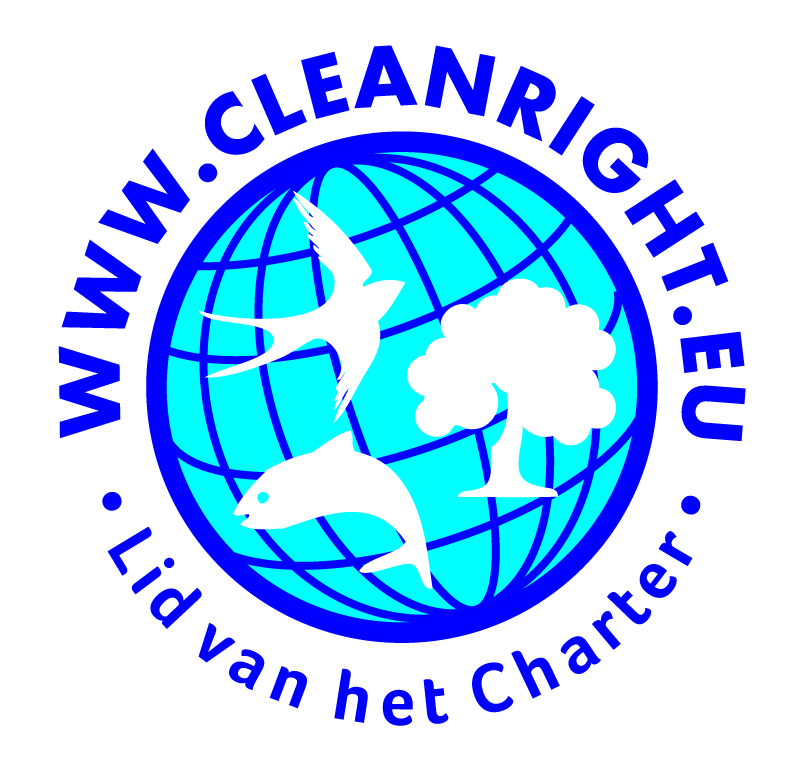

Every year, participating companies must account for their compliance with the Charter. It was clear from the outset that they take this very seriously. Since 2006, their energy consumption has fallen by 33 %, CO2 emissions by 40 % (per tonne produced) and packaging by 32 % per unit. These results are established by external auditors, who also check that the new aims are achieved in practice, too.
Summer is here which means that once again you can enjoy the sun to the full. It is very important to protect your skin properly, preferably with a protection factor which matches your needs. The level of protection varies from one person to another and depends on the degree of exposure.
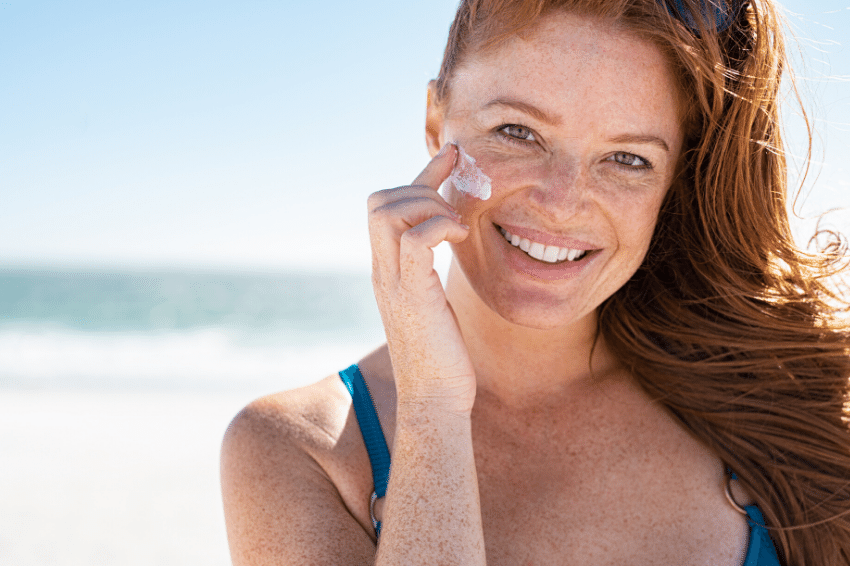
When choosing the right protection factor, the most important indicator is your skin type. Skin is usually divided into six types: type 1 is the most sensitive to the sun and 6 is the most resistant. Children fall into a separate category as they are particularly vulnerable. As they are still developing, their skin is finer and more sensitive than that of adults and requires a very high protection factor. Babies should never be left in direct sunlight.
The degree of exposure to the sun also has a direct influence on the protection you need. Extreme exposure corresponds to a UV index of 8 or more. This exposure only occurs in specific places, such as in full sunlight, on glaciers or in tropical climates. A distinction should also be made between significant exposure (beaches, lengthy outdoor activities, around midday, etc.) and moderate exposure (cloudy sky, morning, late afternoon).
To determine which protection factor you need, factor in your skin type and level of exposure. You will find the appropriate protection factor for each skin type and each situation at soleilmalin.be.
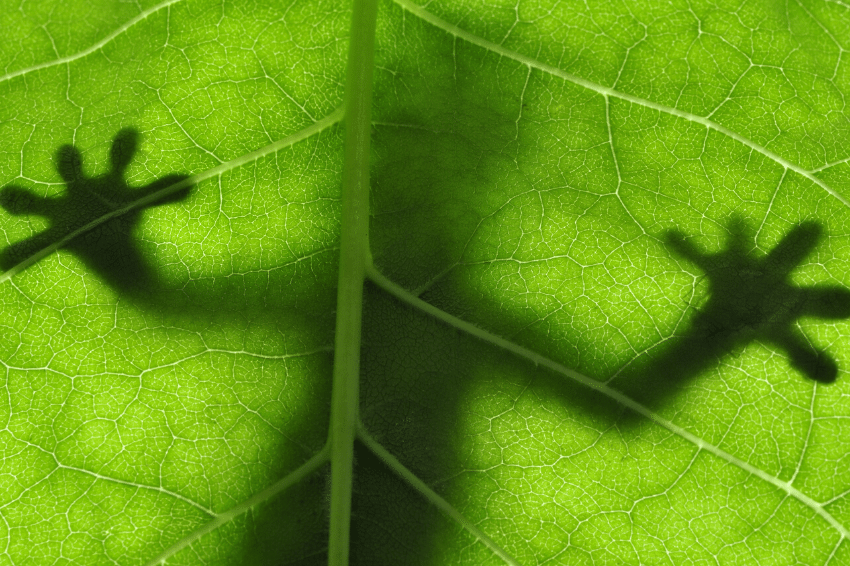
Adhesives and sealants are used in a wide range of sectors. Buildings, furniture, electronic devices and many other items would fall to pieces without this means of joining elements together. Even though adhesives and sealants are only a small although essential part of the whole in which they are used, this sector makes an important contribution to sustainable development.
So, how can we encourage the companies in our sector to become more sustainable? The Association of the European Adhesive and Sealant Industry (FEICA) has taken an in-depth look at this issue which has yielded some results. The organisation has set up a sustainable development platform where companies can exchange good practices in this field.
Exchanging good practices encourages companies to learn from one another, thereby facilitating the transition to a circular economy. The exchanges relate, for example, to good practices in the use of the actual adhesives and sealants, as well as how companies are organised and operate – for example, focusing on more efficient energy consumption.
This initiative follows in the wake of other European developments such as the European Commission’s Green Deal and the transition to a circular economy. These good practices can also be found via the European Circular Economy Stakeholder Platform, a wider network of stakeholders in the circular economy.
In some cases, the category to which a product belongs is not immediately obvious. Is it a cosmetic product, a medicinal product or a biocide? And yet this distinction is very important, as each category is subject to its own set of rules and has specific characteristics. It is dangerous and even forbidden to present a cosmetic product as a biocide or a medicinal product.
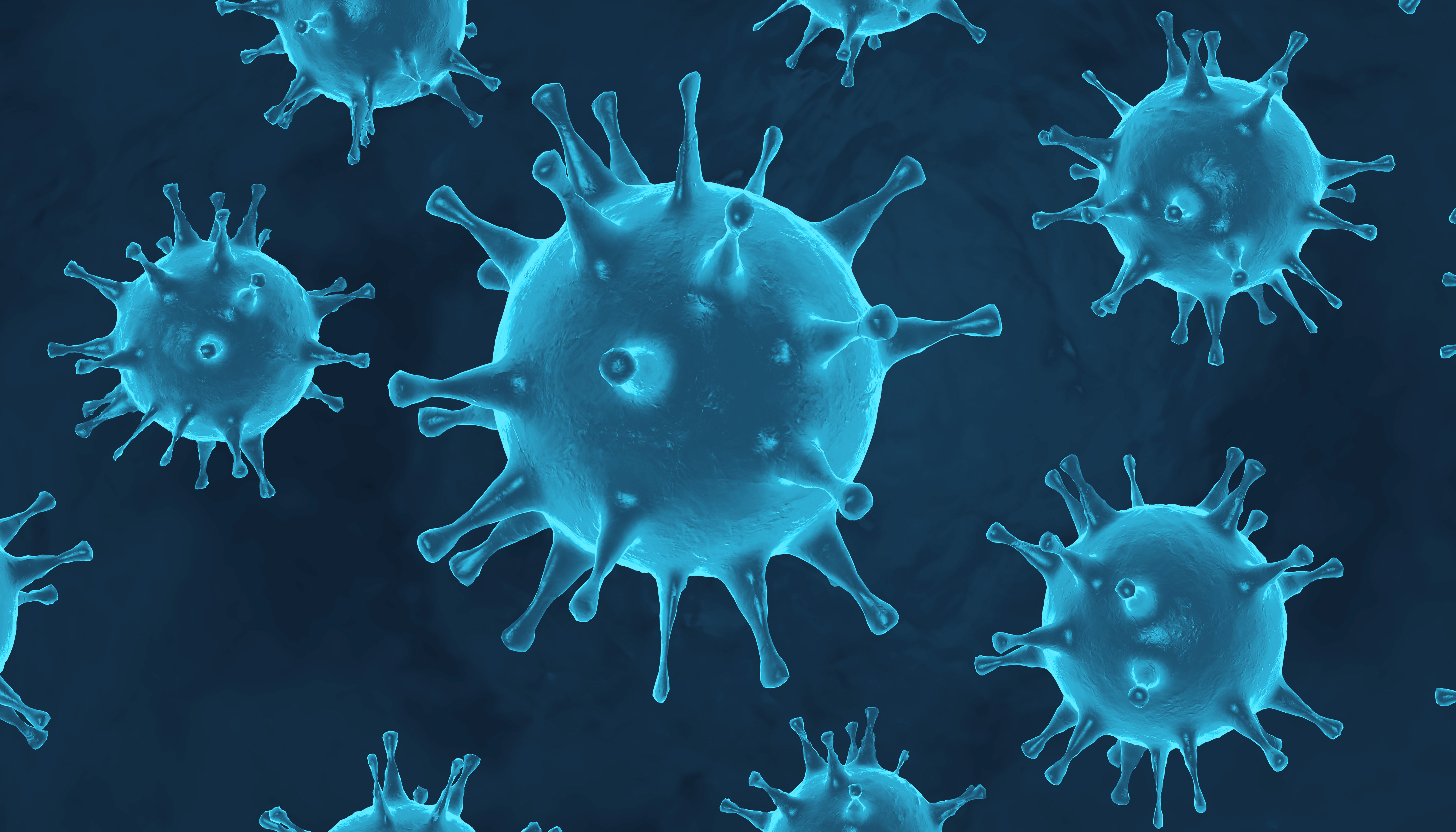
Cosmetic products for personal hygiene are often intended to remove dirt or excess secretions before rinsing them off. In the specific case of SARS-CoV2 (COVID-19), soaps destroy the protective lipid surface (oil) of the virus, making it possible to eliminate it. Careful washing with liquid soap constitutes what is known as first-line protection.
Hydroalcoholic gels provide second-line protection when it is not possible to wash your hands. However, for them to work properly, they must act as a virucide that kills not only bacteria but viruses, too. DETIC emphasises that the quality of this type of product is crucial.
Des désinfectants illégaux sur le marché
Hand gels with an alcohol concentration of between 60 and 80 % are considered effective and are usually classed as biocides (whether or not a biocide claim is made). In legal terms, a virucide like this is subject to specific rules. A biocide must be registered with the Belgian authorities and prove its effectiveness against bacteria, moulds and/or viruses before it can be produced and placed on the market.
In the fight against coronavirus, everyone concerned must provide high-quality biocides to ensure second-line protection for all and contain the spread of the virus. This is why the Belgian authorities, in good understanding with DETIC, have put in place an emergency procedure for granting temporary authorisation for certain types of biocides, which made it easier to produce them when the demand was greatest.
The Belgian authorities are currently worried about the appearance of illegal biocides on the market, especially disinfectant hand gels. To ensure the compliance of such gels placed on the market, the authorities have made public a list of companies that have received authorisation. DETIC has also provided a list: http://www.detic.be/fr/liste-gels-hydroalcooliques
Follow DETIC on social media: